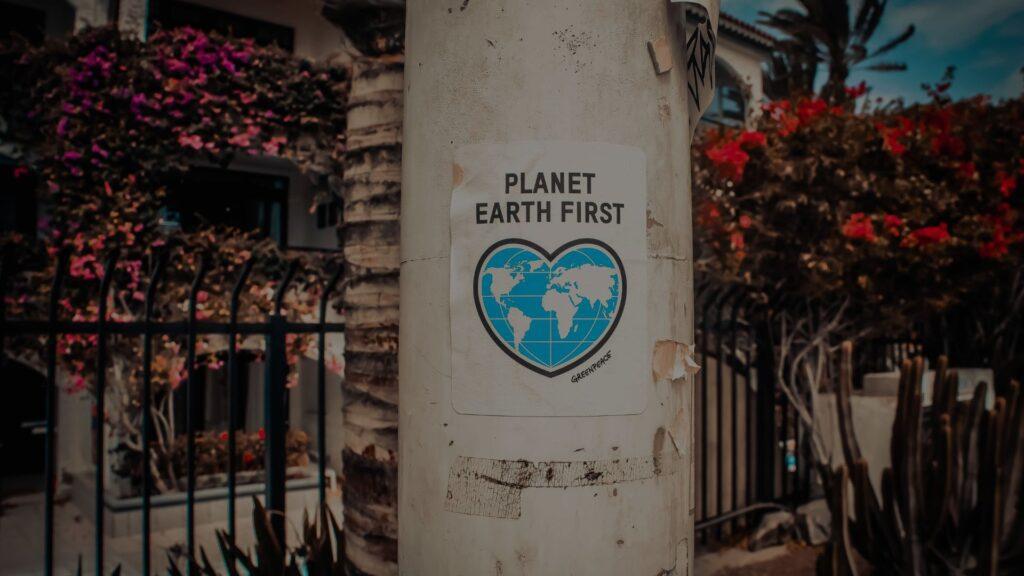ABOUT CORAL FUTURE
We harness the power of business to create a more sustainable world. We have more than 15 years' experience working on sustainability and carbon credits solutions.
SERVICES
To us, being a good advisor and a good solutions provider are one and the same.
INITIATIVES
To help you make informed decisions, here is an overview of how other climate initiatives are relevant to our work.


Scope 3 Emissions
Supply-chain emissions account for more than 70% of a company’s carbon footprint. We bring innovative ideas for companies to engage with a wide array of stakeholders to tackle the most complex scope of emissions.
Scope 3 Emissions
Supply-chain emissions account for more than 70% of a company’s carbon footprint. We bring innovative ideas for companies to engage with a wide array of stakeholders to tackle the most complex scope of emissions.WHY TACKLING SCOPE 3 IS IMPERATIVE?
Scope 3 Emissions occur because of a company’s operations but from sources not owned or controlled by the company.
40% of global GHG emissions are driven or influenced by companies through their purchases (i.e. purchased goods and services) and the products they sell (i.e. use of sold products). As the remaining global carbon budget is rapidly depleted, there is a growing need to reduce scope 3 emissions.
Reducing scope 3 emissions acts as a catalyst for the deep decarbonization of the global economy.


15 CATEGORIES OF SCOPE 3 EMISSIONS
Purchased Goods, Capital Goods, Fuel and Steam, Upstream Transportation, Waste generated in operations, Business Transport, Employee Road Transport, Upstream Leased Assets, Downstream Transportation and Distribution, Processing of Sold Products, Use of Sold Products, End-of-Life Treatment of Sold Products, Downstream Leased Assets, Franchises, Investments.
Given the vast array of data required to implement scope 3 emission reduction strategies, we must wisely choose categories where we can gain maximum impact.
15 CATEGORIES OF SCOPE 3 EMISSIONS
Purchased Goods, Capital Goods, Fuel and Steam, Upstream Transportation, Waste generated in operations, Business
Transport, Employee Road Transport, Upstream Leased Assets, Downstream Transportation and Distribution, Processing of Sold Products, Use of Sold Products, End-of-Life Treatment of Sold Products, Downstream Leased Assets, Franchises, Investments.
Given the vast array of data required to implement scope 3 emission reduction strategies, we must wisely choose categories where we can gain maximum impact.
HOW CORAL FUTURE SUPPORTS YOU?
A team of subject matter experts at Coral Future can help strategies the action plan regarding the value chain emissions of your organization, screening based on the materiality and then help to inventorize the emissions. We also present an action plan to improve the organisation’s data collection and management capabilities to calculate all the categories of the value chain emissions.
HOW CORAL FUTURE SUPPORTS YOU?
A team of subject matter experts at Coral Future can help strategies the action plan regarding the value chain emissions of your organization, screening based on the materiality and then help to inventorize the emissions. We also present an action plan to improve the organisation’s data collection and management capabilities to calculate all the categories of the value chain emissions.







